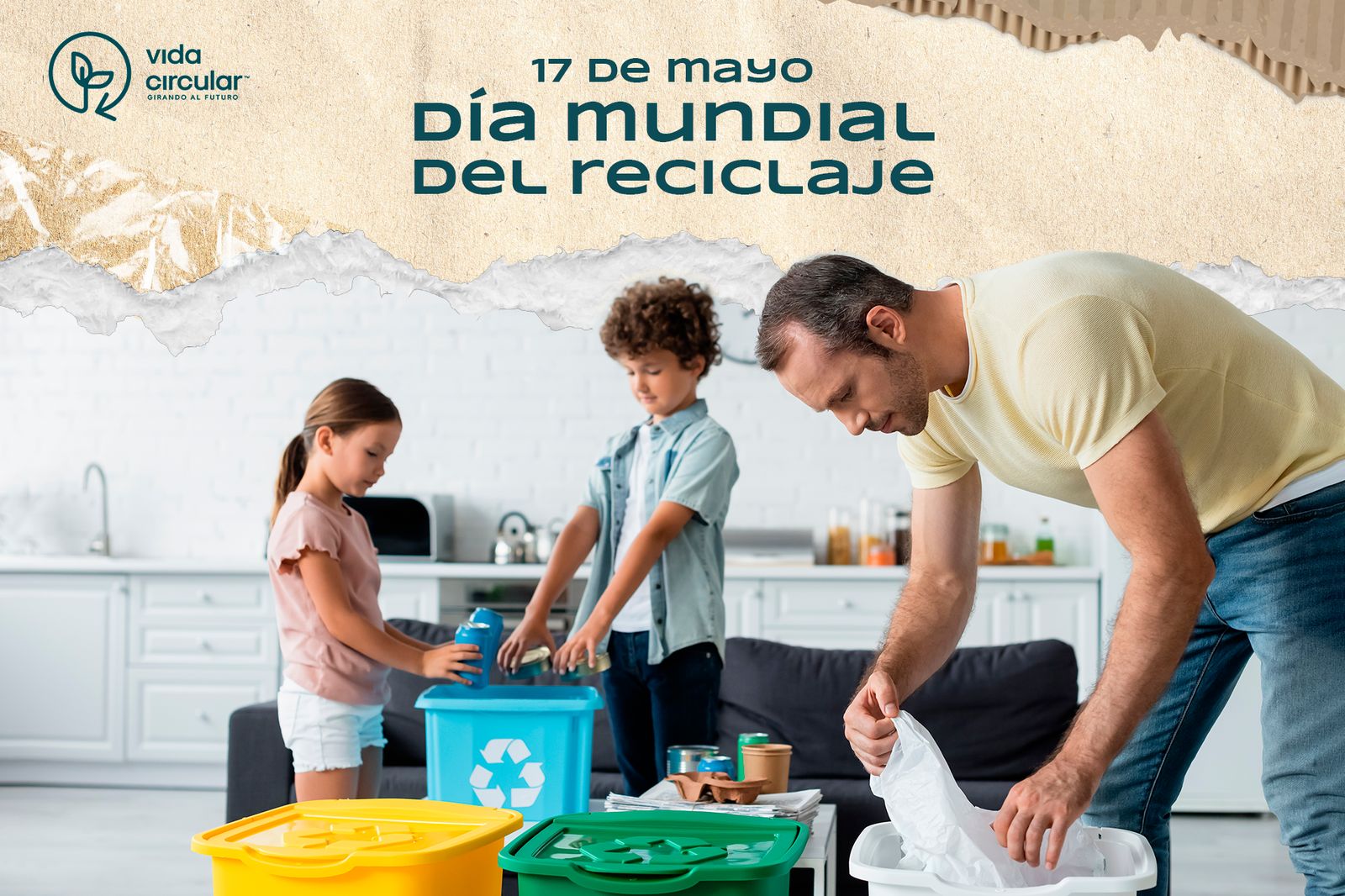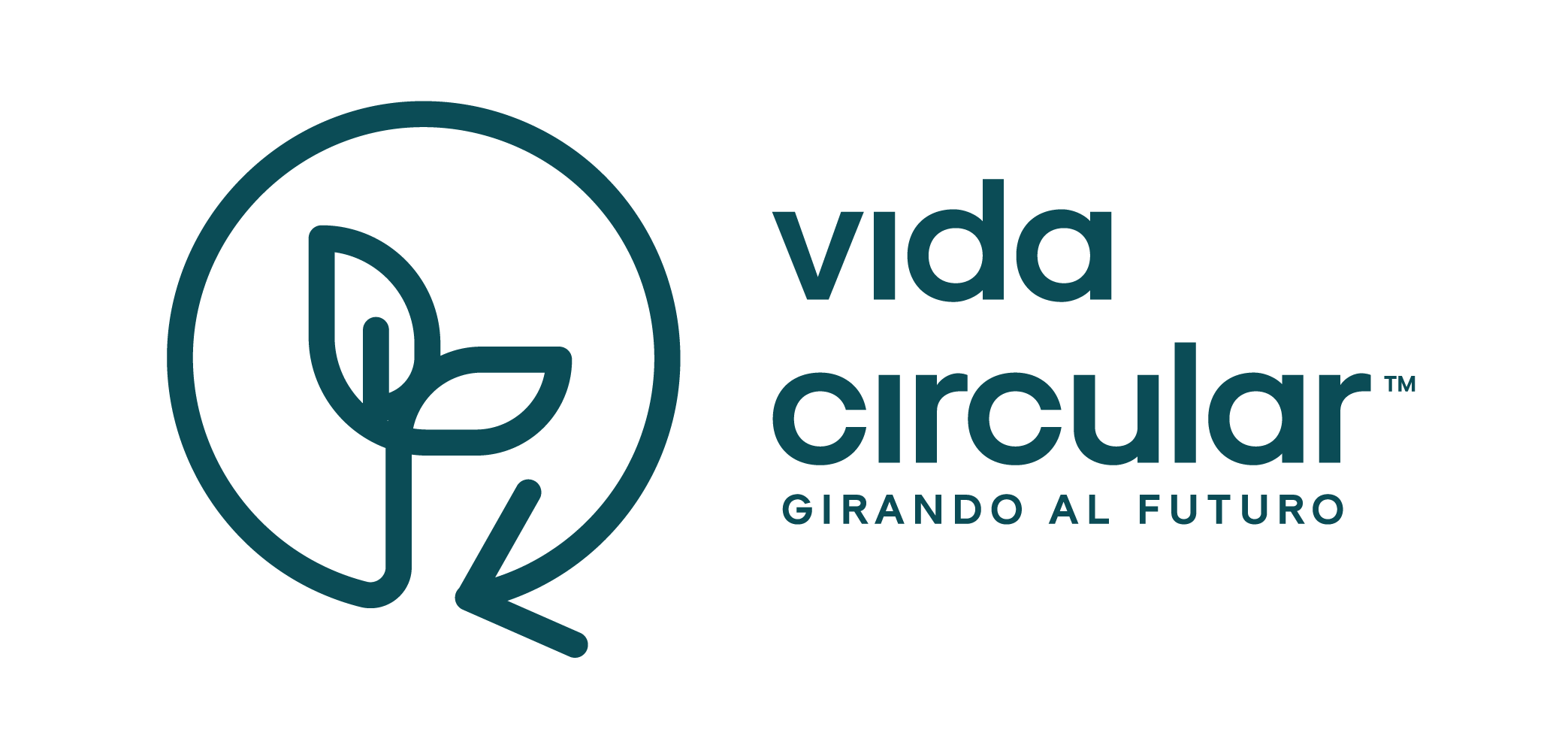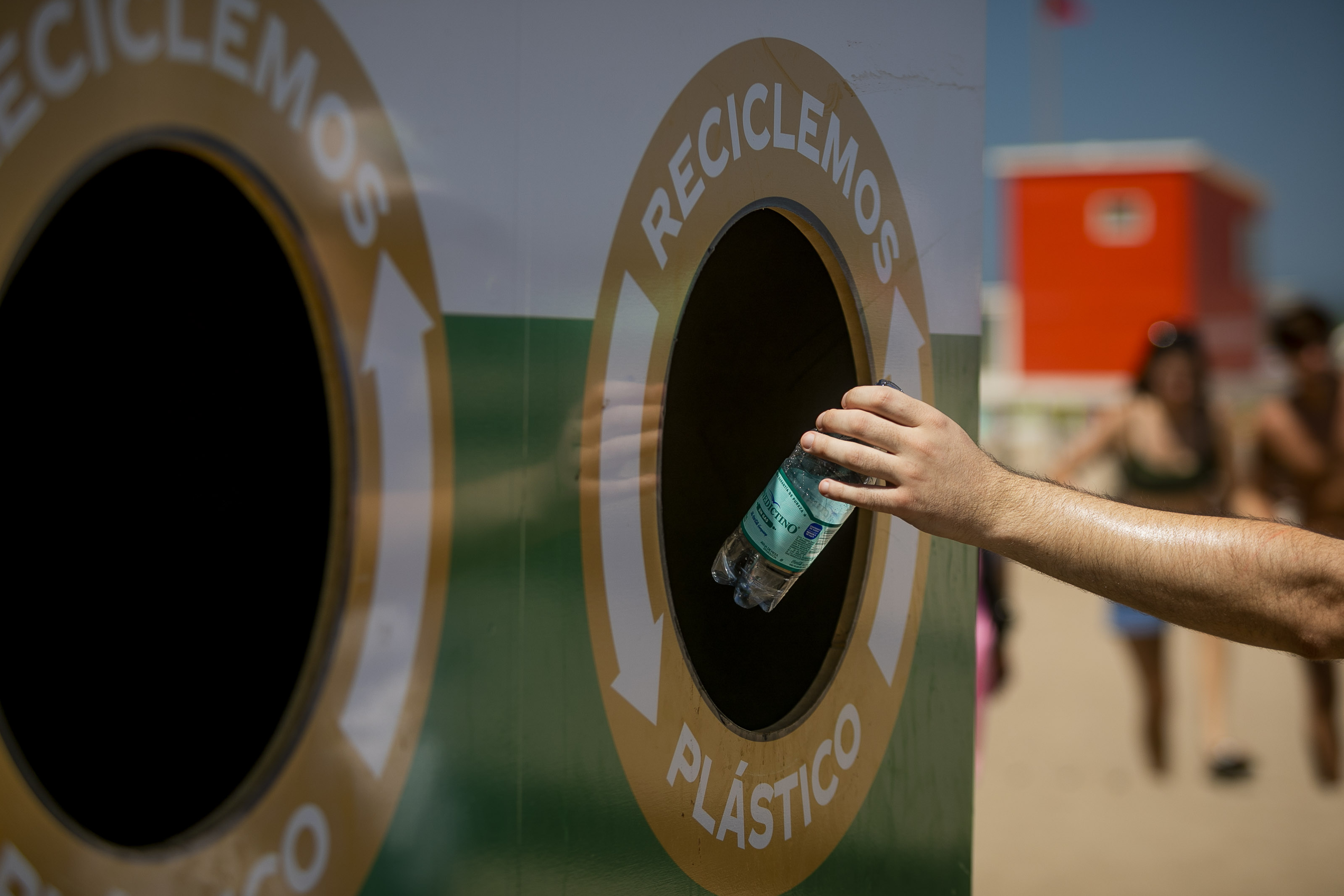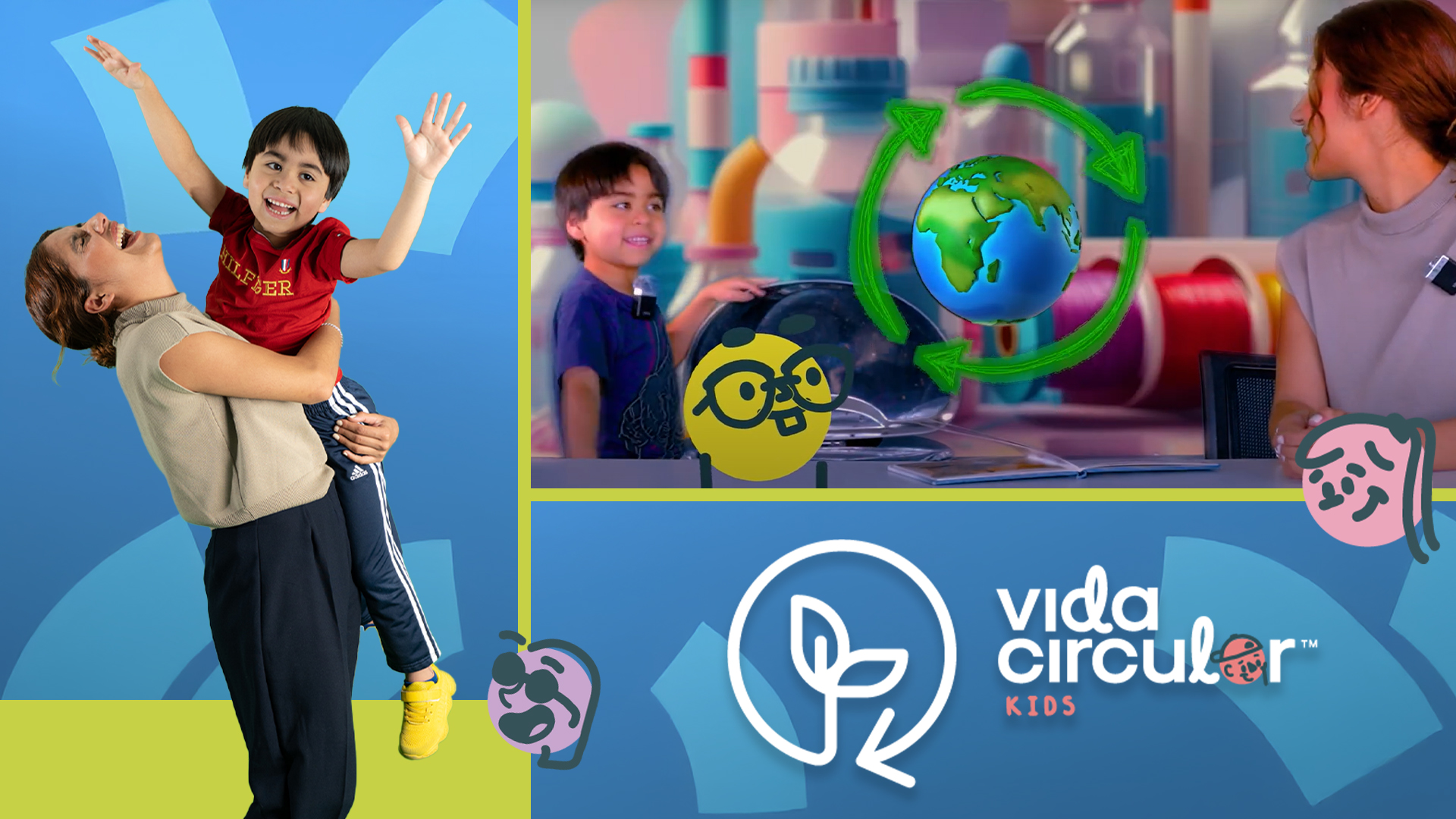
Benefits of Recycling: on the occasion of World Recycling Day
Since 2005, the United Nations Educational, Scientific and Cultural Organization, UNESCO, proclaimed May 17 as World Recycling Day with a clear objective: to raise awareness of the responsibility to curb waste generation, to extend the life of waste as much as possible in order to significantly reduce the carbon footprint and environmental impact.
The Recycling Scenario in Mexico
It is estimated that Mexico produces at least one kilo of waste per day for every human being, but where does all this waste go? what happens if it accumulates in one place? accumulating the waste of the entire country for a year would be equivalent to filling 231 times the largest soccer stadium in Mexico, according to a report by SEMNATAP. SEMARNAT's report on solid waste..
Faced with this challenge, which is not only present in Mexico, but all over the world, social collaboration is very important to extend the useful life of materials such as cardboard, glass, paper, plastic, etc., through recycling.
In Mexico, recycling is becoming a more common practice, although there are still areas of opportunity, as Sandra Gazca comments, spokesperson for Circular Life:
"The results of the Second Plastic Recycling Plastic Recycling Habits Survey among Mexicans 2024 among Mexicans 2024 that we conducted at Vida Circular show a need to strengthen environmental education, 9 out of 10 people consider insufficient information on recycling, therefore, this day represents an opportunity to promote greater dissemination and understanding on these issues"
Benefits of recycling
Recycling starts with the separation of waste in the special container for each material. special container for each material.In this way, the process facilitates the recovery of cardboard, PET, aluminum, glass and other materials, in addition to extending the life of the materials. This process sometimes generates doubts: do we really recycle what we separate? is it worth the effort? know the potential of waste and with it some of the benefits of recycling:
- Sustainability in new products: recycling allows some materials to be transformed into new products. Plastic bottles alone are designed to continue their life cycle in countless products according to their components, for example in sportswear.
- Pollution reductionBy sorting waste and giving it a new purpose, it avoids ending up in landfills, rivers or streets polluting the water or the environment.
- Saving of natural resourcesBy recovering the greatest amount of recyclable materials, the percentage of recycled raw material is increased, thus considerably reducing the extraction of natural resources such as water or oil.
- Employment generation: Recycling requires many hands to be possible, and the process generates jobs to collect materials from street to street. Then to classify them in the collection centers and later to transform them in the recycling plants.
Making the most of every material: the challenge of efficient recycling
Recycling can be applied in practically all human activities and represents a way of giving a new purpose to materials that have already fulfilled their initial function. The key is to keep them in use for as long as possible, thus reducing the amount that actually needs to be discarded.
For this process to work properly, it is essential to separate the materials properly. Therefore, it is important to keep the following in mind:
1.- Sort waste properly from the beginning. Properly from the beginning, materials such as paper, cardboard, glass and plastic should be separated from food or gardening waste, otherwise they would lose the opportunity to be recycled and therefore prolong their useful life.
2.- Electronic, metal or sanitary wastes require special treatment, remember to separate them with total caution to facilitate their subsequent treatment.
3.- Once the waste remains in its container, the garbage collection system is in charge of collecting it and transferring it to recycling plants where it begins a process of classification, cleaning and transformation to turn it into new raw material.
In the framework of World Recycling Day, it is inevitable to recognize the recycling process as a fundamental part of the circular economy that seeks the maximum use of materials and to which we can all contribute.



